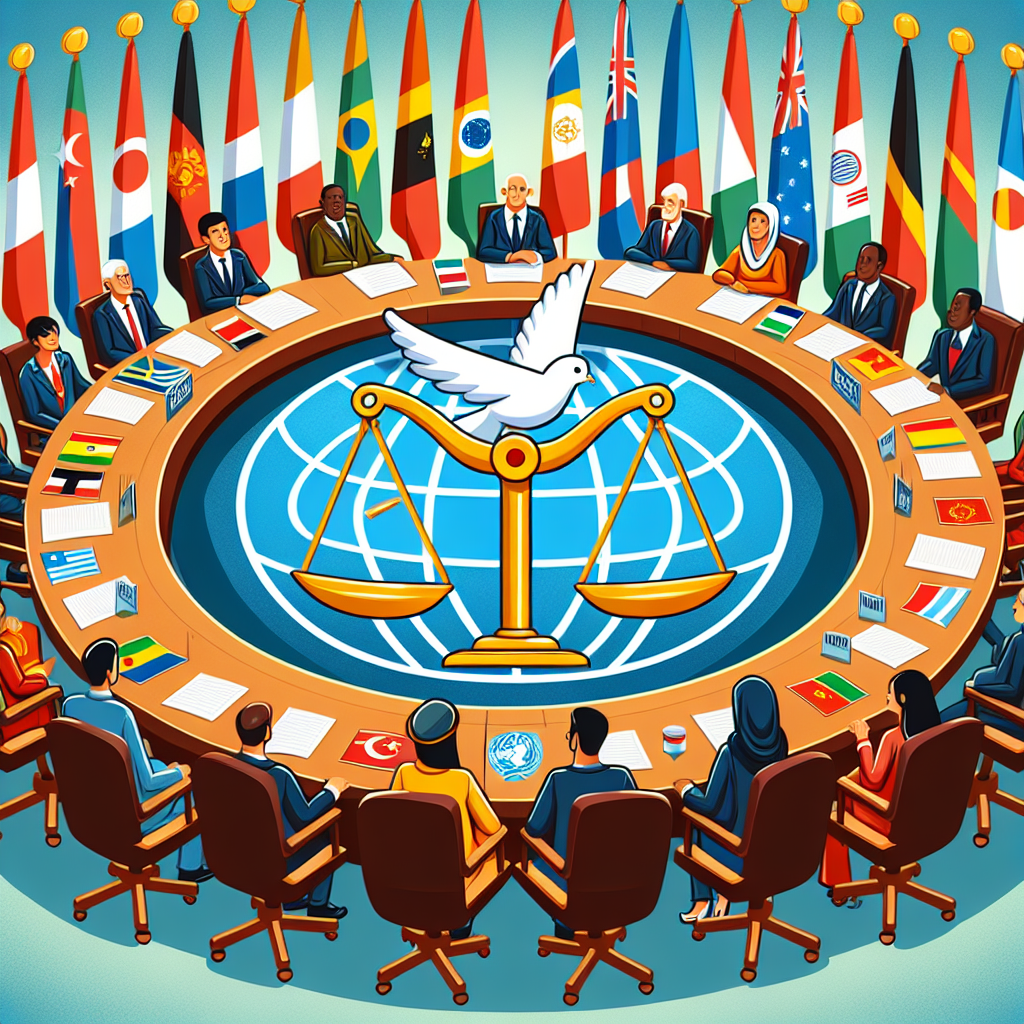UN Dispatches Fact-Finding Mission to Bangladesh on Human Rights Violations
The United Nations Human Rights Office will send a fact-finding mission to Bangladesh to investigate alleged human rights violations during recent violence. The unrest, originating from student-led protests, led to over 1,000 deaths and the resignation of Prime Minister Sheikh Hasina. Nobel laureate Muhammad Yunus now leads the interim government.

The United Nations Human Rights Office announced on Friday that it will dispatch a fact-finding mission to Bangladesh, responding to a request from the interim government, to investigate alleged human rights violations following recent deadly violence.
Last month's anti-government protests began as a student-led movement against public sector job quotas and turned into the deadliest violence since Bangladesh's independence in 1971, resulting in over 1,000 deaths. Prime Minister Sheikh Hasina resigned and fled to India on August 5, with violence persisting for several days afterward.
An interim government headed by Nobel Peace Prize winner Muhammad Yunus took over, helping to quell the violence as security forces cracked down on protests. Ravina Shamdasani, spokesperson for the UN Human Rights Office, stated that the mission aims to report on violations, analyze root causes, and recommend steps for justice, accountability, and long-term reforms.
The decision follows a UN team visit from August 22-29, where they engaged with various stakeholders, including members of the interim government. UN High Commissioner for Human Rights Volker Türk praised Bangladesh for joining the International Convention for the Protection of All Persons from Enforced Disappearance and the establishment of a national commission on the issue.
"We stand ready to support the Commission in its work, which should prioritize consultation with victims and their families," said Shamdasani.
(With inputs from agencies.)
ALSO READ
Sheikh Hasina Faces Fresh Murder Charges Amid Ongoing Controversies
Sheikh Hasina making political remarks on Bangladesh in India an “unfriendly gesture”: Chief Advisor Muhammad Yunus to PTI.
The issue of attacks on Hindu minorities in Bangladesh is 'exaggerated': Chief Advisor Muhammad Yunus to PTI.
Yunus Urges India to Silence Sheikh Hasina Amidst Political Tensions
Muhammad Yunus: Attacks on Hindus in Bangladesh Are 'Exaggerated' and Politically Motivated










